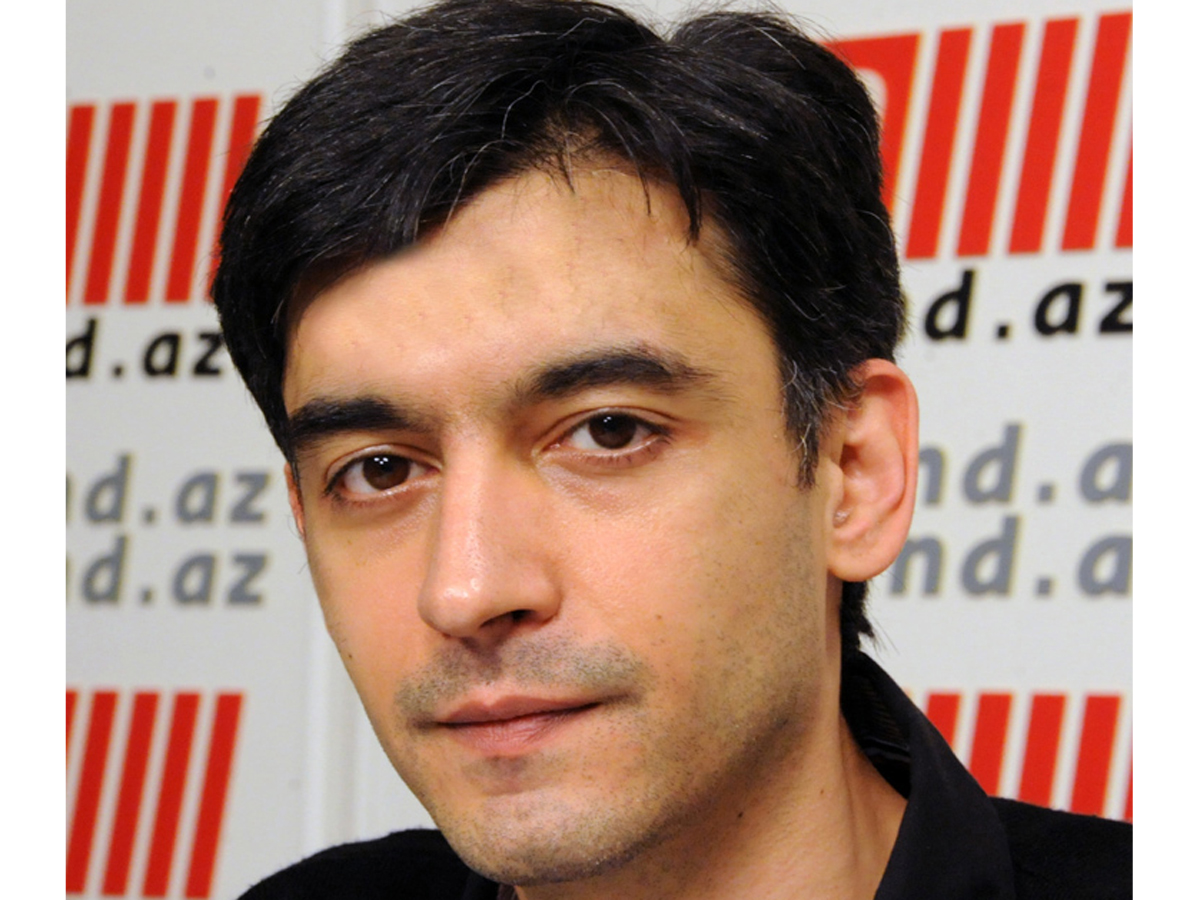Baku, Azerbaijan, Apr. 4
By Umid Niayesh - Trend:
Finally after several days of intensive talks Iran and the P5+1 (the US, Britain, France, Germany, Russia and China) agreed on the generalities of a deal which would put an end to decade of disputes over the Islamic Republic's nuclear program.
Both sides have announced victory after the accord, something that Iranian officials have always talked about: a win-win deal.
For Iran the issue has a symbolic importance. The right to keep nuclear program and uranium enrichment, something that never justified economically with billions of losses over the past years due to sanctions, has vital importance.
It is of same importance for the West, yet for different reasons, driven by facts and figures. One of such reasons is to keep Iran's "break-out time" to a nuclear bomb as long as one year, if the Islamic Republic decides to make it.
Alongside with recognizing a symbolic uranium enrichment right for the Islamic Republic, Tehran will also be provided with sanctions relief, after the deal is finalized before the July 1 deadline.
Iran has some 35 sanctions imposed on it, including five from the UN and five more from the EU. Iranian officials have stated on numerous occasions that a deal should include lifting all nuclear sanctions at once.
Iran will be allowed to enrich uranium until 3.67 percent for at least 15 years. The country has also agreed to reduce almost 70 percent the amount of its installed centrifuges. The Natanz plant in Iran will be the only uranium enrichment plant, while the Fordow plant, which was one of Iran's "redlines", will be converted into a nuclear, physics, technology, research center. Arak heavy water reactor will be redesigned and its original core will be destroyed or removed from the country, according to a fact sheet released by the White House on the issue.
The Islamic Republic also has accepted to implement the Additional Protocol, which allows IAEA inspectors to carry out sudden inspections on Iran's nuclear facilities.
Despite these tough limitations, the Iranian side seems satisfied with the Lausanne deal. Thousands of citizens in Iran, tired of economic pressure flew to streets to celebrate the accord after announcement.
Iranian conservatives, even those who criticized the previous Geneva nuclear deal, have preferred to stay quiet so far. Some of those conservative MPs even have expressed support for the agreed issues.
The country's most powerful person, the Supreme Leader, Ayatollah Ali Khamenei, is also satisfied with the outcome of the Lausanne talks. While Khamenei always participates in setting the agenda of nuclear talks according to the Iranian officials, the current accord would not be possible without his agreement.
Iran also considers the deal as a first step for cooperating with the global community, seeking an end to tensions with other states and repairing ties with entire world as President Hassan Rouhani said in his first public comment on the deal.
Meanwhile, the the US and EU's sanctions over the Iran's banking and oil sector have imposed serious pressure on the country's economy in the past several years. It should be noted that economic sanctions which have been imposed in connection to Iran's nuclear program will be removed, while those that are not, will remain in place.
According to the Lausanne deal, all sanctions related to the nuclear case will be lifted, however those regarding the human rights issues in Iran, as well as supporting and sponsoring the terrorism will remain in place as well.
---
Umid Niayesh is Trend Agency's staff journalist, follow him on Twitter: @UmidNiayesh






